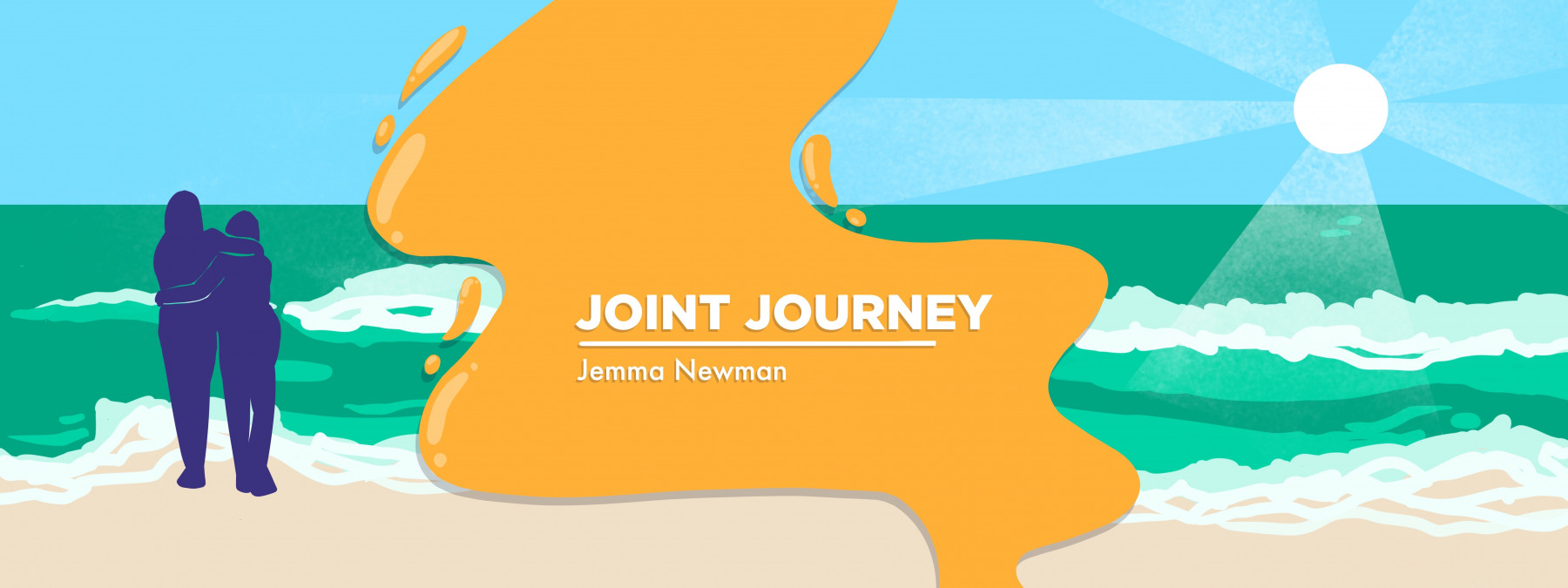Can a cold accompany increased ankylosing spondylitis joint pain?
When both of us get sudden symptoms as we start getting sick from a virus
Written by |

“Geez, my back’s getting worse,” I muttered to myself as I took a break midway on my walk around the park near my house in Perth, Australia. Pulling the protruding white earbuds from my ears, I paused the chattering voices on my podcast. Gently digging my thumbs into my lower back, I massaged my painful sacroiliac joints, which are where the spine meets the pelvis.
Unless I’m having a flare from my ankylosing spondylitis (AS), walks are usually one of my favorite parts of the day. Spending 30 minutes moving my body usually leaves me feeling happy and more flexible, not inflamed and worried, especially as I walk past horses nibbling grass in the paddock, gum trees whispering in the breeze overhead, and flowers nodding alongside the sandy park tracks.
Why were my joints suddenly so sore? Heading home at a reduced pace, I ran through a list of possible causes to try to figure out what happened to make my AS symptoms suddenly worsen in severity.
I’ve realized that my AS flares don’t normally appear from nowhere. They’re usually caused by a number of triggers:
- Diet changes (I follow the no-starch diet for AS)
- Stress
- Increased or reduced physical activity
- Hormone fluctuations.
Despite wracking my brain, I couldn’t pinpoint any reason for my back to be suddenly and fiercely in pain.
The following morning, the apparent reason reared its ugly head: I woke up with a sore throat and headache squeezing my skull. The lightbulb switched on as I wondered if catching a common cold or flu virus could be the cause of extra AS joint inflammation.
It happens to my husband
Just a few days later, my husband, Dave, suddenly experienced a costochondritis attack as we relaxed on the sofa after tucking our kids into bed. Sharp pain started building on one side of his rib cage, both in his chest and at the back near his spine. “I’m having trouble taking deep breaths,” he shared with a concerned look.
Dave has been diagnosed with ankylosing spondylitis like me, so we’re pretty familiar with each other’s symptoms and the causes of our flares. But this costochondritis took us both by surprise, as we’d had a completely normal day with no unusual activities or work stress.
“Maybe you’re getting sick, and you just don’t realize it yet,” I said, half-joking and half-serious.
Sure enough, the next day Dave started getting a tickle in his throat. It seemed to both of us that our sudden AS flare-ups were warning signs that we’d picked up a virus, and our autoimmune systems had been reacting before we realized we were getting sick.
“The short answer is yes; illness can trigger arthritis flare-ups,” explained Tracey Kellett, author at Arthritis NZ, a New Zealand organization that provides information and advice for people with any kind of arthritis, including AS. “Respiratory infections like a cold, flu or COVID-19 are a trigger for autoimmune conditions.”
It makes sense that catching a virus, such as a cold or flu, could put our immune system into overdrive, potentially leading to increased stiffness and discomfort in joints already affected by AS. After all, AS is an autoimmune disease that triggers your immune system to mistakenly attack your body’s own joints and tissue.
If you’ve found that your ankylosing spondylitis flares up when you get sick, I hope you take comfort in knowing you’re not alone. It can be hard enough dealing with any one illness or chronic disease symptom, let alone when they pile on.
Note: Ankylosing Spondylitis News is strictly a news and information website about the disease. It does not provide medical advice, diagnosis, or treatment. This content is not intended to be a substitute for professional medical advice, diagnosis, or treatment. Always seek the advice of your physician or other qualified health provider with any questions you may have regarding a medical condition. Never disregard professional medical advice or delay in seeking it because of something you have read on this website. The opinions expressed in this column are not those of Ankylosing Spondylitis News or its parent company, Bionews, and are intended to spark discussion about issues pertaining to ankylosing spondylitis.







Leave a comment
Fill in the required fields to post. Your email address will not be published.